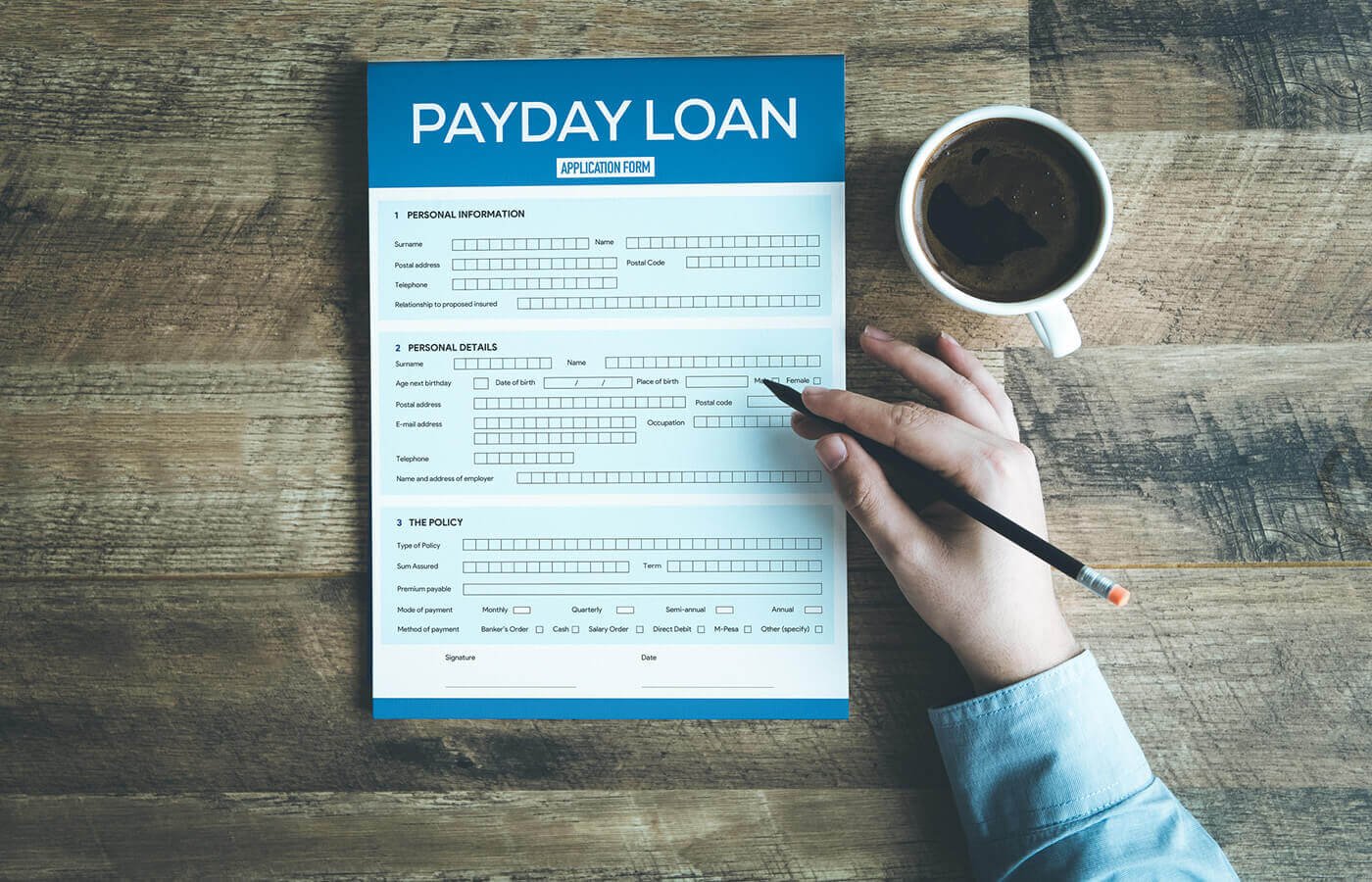With the rising cost of living and unexpected financial emergencies, many individuals find themselves exploring payday loans as a quick solution to cash flow problems. While these short-term loans might offer immediate relief, their implications on one’s financial health can be significant. Understanding the purpose and repercussions of payday loans is crucial for anyone considering this form of financial assistance.
Payday loans are typically small, unsecured loans designed to bridge the gap between paychecks. They are marketed as quick and convenient, often without the need for a credit check. This makes them accessible for individuals who might be struggling with poor credit. However, the convenience of payday loans comes at a cost. They usually carry exorbitant interest rates, far exceeding those of traditional loans, making them a form of high-cost credit.
One of the primary concerns with payday loans is the cycle of debt they can create. Borrowers often find it challenging to repay the loan by the due date, especially when the high interest is factored in. This leads to extensions or roll-overs, further increasing the total amount owed. What started as a quick fix can quickly evolve into a long-term financial burden, leading to a cycle that is difficult to escape.
Moreover, reliance on payday loans can affect an individual’s ability to budget effectively. Regular borrowing may become a habit, deterring borrowers from devising sustainable financial plans. Without addressing the root causes of financial instability, such as insufficient income or poor spending habits, individuals might find themselves perpetually dependent on high-interest loans.
It is also noteworthy that payday loans can have a psychological impact. The stress associated with mounting debt can affect mental health, causing anxiety and strain in personal relationships. Thus, while a payday loan may solve an immediate issue, it can potentially lead to more significant personal and relational challenges.
So, what are the alternatives for those in need of quick financial support? Exploring other options such as credit unions, which often offer lower interest rates, could be beneficial. Additionally, negotiating with creditors for extended payment plans or seeking financial advice to manage debts effectively can provide more sustainable solutions. Creating a detailed budget, cutting unnecessary expenses, and setting aside savings for emergencies can also mitigate the need for high-cost borrowing.
Ultimately, understanding the full scope of payday loans—beyond the immediate cash relief they provide—is crucial. They should be approached with caution, as a last resort rather than a go-to solution for financial challenges. Educating oneself about personal finance and making informed decisions can help in building a more secure financial future, reducing dependency on quick-fix loans.
In conclusion, while payday loans offer a short-term solution for urgent financial needs, they often come with significant drawbacks. Developing a comprehensive understanding of their terms and potential impact is essential for anyone considering this financial path. By exploring alternative options and implementing sound financial practices, individuals can achieve greater financial stability and reduce the risks associated with high-interest borrowing.
Refresh Date: August 22, 2025




